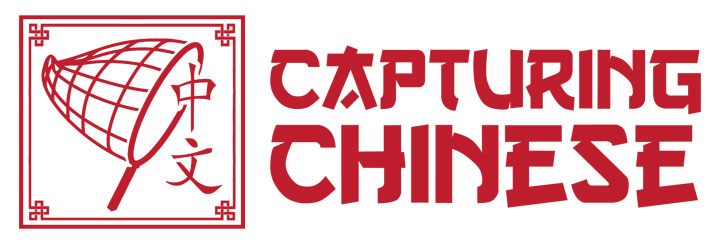Learn Chinese Through Chinese Stories - Lu Xun's Medicine
This week we would like to introduce Medicine, another one of Lu Xun's most famous short stories. If you missed the introduction to Lu Xun, then follow this link to An Introduction to Lu Xun.
Medicine
药
Yào
药 was first published in New Youth (新青年 Xīn Qīngnián) in May of 1919. The story is about a little boy who has contracted tuberculosis and whose parents go out desperately in search for a cure. According to a Chinese myth, human blood is a guaranteed cure to fight tuberculosis and therefore his parents seek out and find the blood of a young revolutionary who had recently been executed. Even with the fresh human blood, the boy still dies shortly afterwards. The story takes place in Shàoxīng (绍兴城), Lǔ Xùn's hometown. The revolutionary in the story refers to the real anti-Qing revolutionary, Qīu Jǐn (秋瑾) (1879?-1907). Her older cousin, Xú Xílín (徐锡麟), led a failed uprising against the Qing empire in July 1907 by assassinating the provincial governor of Ānhuī Province hoping to trigger a wider rebellion. After Xú Xílín's capture and execution, Qīu Jǐn, who was planning a coordinated attack in Zhèjiāng Province, was arrested at her school (Dàtóng Academy for Girls), tortured, and then decapitated in her hometown, Shàoxīng, a few days later. The father in the story buys a mántou filled with the blood of Qīu Jǐn. As discussed in the preface to Nàhǎn, Lǔ Xùn's father died in 1896 of an illness, likely to be tuberculosis, which Chinese medicine and doctors failed to treat. During his youth, Lǔ Xùn would pawn the family's goods in order to buy esoteric and expensive Chinese herbs and medicines. The ingredients would be items such as roots of reeds gathered in the winter, or Japanese ardisia herb that had formed seeds. While these items proved difficult to procure, they did nothing for his father's illness. He died after four years of using this expensive medicine. His father's death from inadequate medical care inspired Lǔ Xùn to study Western medicine in the first place (which he later quit to pursue literature) and he continued to be very skeptical of Chinese medicine. Lǔ Xùn also discussed traditional Chinese medicine in his story, Tomorrow (明天). Medicine 药| Would you like to read this Chinese short story with pinyin, footnotes with definitions, historical summaries, and cultural references, as well as Chinese audio files of two native speakers, one male and one female, reading the story? Get your copy of Capturing Chinese today! See the Capturing Chinese Catalog |
